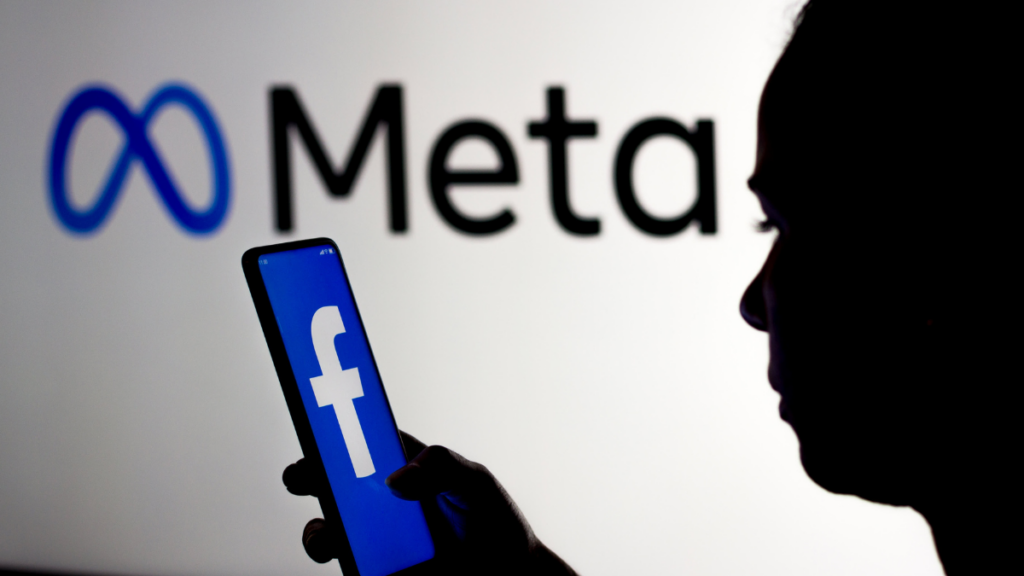Instagram’s lax oversight and flawed recommendation algorithms are enabling the spread of child pornography, a recent investigation by the Wall Street Journal has uncovered. The social media platform’s system is facilitating the accessibility of explicit underage content, often through searchable hashtags. Algorithms inadvertently promote such illegal content, pointing users towards accounts that have this material for sale. Certain codes, such as a map emoji or the phrase “cheese pizza”, have been used to thinly disguise illicit activity related to child pornography.
Unintentional discovery of such content on Instagram can lead users down a rabbit hole of further recommendations due to the platform’s algorithm. The investigation revealed Meta’s substantial failures in effectively moderating instances of content that overtly indicate child pornographic matter. Following these disturbing revelations, Meta has acknowledged its shortcomings in policy enforcement and content moderation.
In response, the company has initiated an internal task force aimed at combating this issue on Instagram. The specifics of the task force’s action plan, however, have not been fully disclosed. “Child exploitation is a horrific crime,” a Meta spokesperson told the Wall Street Journal, recognizing the severity of the situation.
Over the past two years, Meta claims to have dismantled 27 pedophile networks. Yet the problem persists, necessitating further moderation measures. Consequently, Meta has started blocking thousands of hashtags previously used to propagate content promoting child sexualization on Instagram.
As part of their ongoing efforts, the company is reportedly developing system enhancements. These modifications are intended to prevent Instagram’s algorithms from promoting connections between pedophiles and their illegal content, in a bid to curb the platform’s inadvertent contribution to such heinous crimes.
